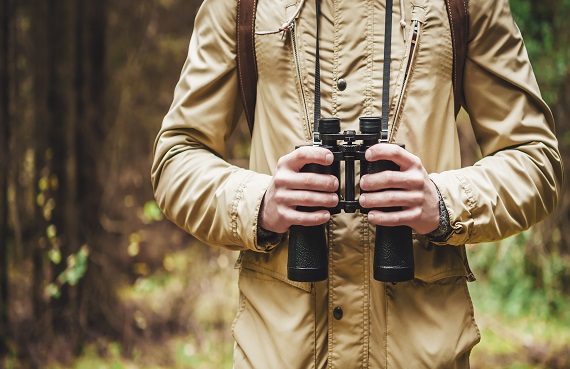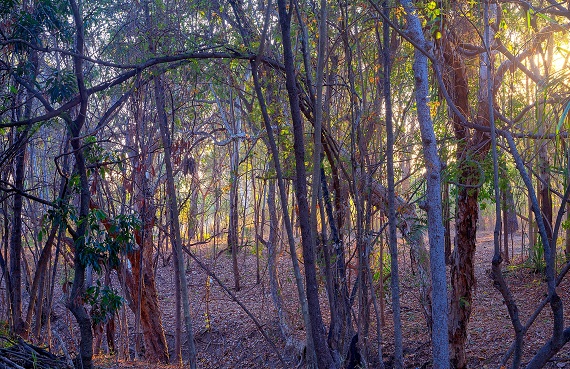
Hunters
Biosecurity helps hunters
Practicing good biosecurity means taking action to protect NSW's community, environment and economy from the negative impacts of pests and diseases.
Being biosecure will help:
- Maintain social licence within the hunting community
- Maintain sustainable hunting by helping prevent the spread of infectious diseases such as African swine fever and classical swine fever
- Protect the environment from pests, weeds and diseases
Responsible hunting practices are all part of being biosecure. These include:
- Preventing the spread of diseases, weeds and pests by checking clothing, materials, equipment and vehicles for unwanted hitchhikers when you enter and leave a property or designated hunting area
- Reporting any sick animals or signs of disease to the Emergency Animal Disease watch Hotline on 1800 675 888 immediately
- Letting land managers know if you see broken fences
- Reporting pest animal activity
- Reporting any illegal hunting in NSW through Crime Stoppers Shut the gate program
- Participating in pest animal management programs when you can
The essentials
There are certain actions hunters MUST legally take in order to be biosecure. These are detailed in the Biosecurity Act 2015 and supporting legislation.
The laws cover things that are likely to have the biggest impact on our economy, environment or community. They include rules:
- Around high risk and priority pests and diseases that MUST be reported - these are known as ‘notifiable pests and diseases’, ‘prohibited matter’ and ‘biosecurity events’
- Controlling the movement, keeping and release of pest animals.
Visit the Biosecurity policies and procedures page for more information (including ‘Principles for management of animal biosecurity and welfare in NSW’ and ‘Biosecurity - Surveillance for pests and diseases of animals’).
Your general biosecurity duty
As well as prescribing the rules for high risk biosecurity matter, the Biosecurity Act 2015 includes a biosecurity duty for hunters, and everyone who deals with biosecurity matter.
This means that all tiers of government, industry and the people of NSW need to work together to protect the economy, environment and community from the negative impacts of pests, diseases, weeds and contaminants.
This means hunters need to:
- know about their biosecurity risks
- know what action should be taken to manage these risks
- take effective action to manage the risks relevant to their situation.
You can discharge your biosecurity duty by managing the risks you see. This may include:
- Preventing the spread of diseases, weeds and pests by checking clothing, materials and equipment for unwanted hitchhikers when you enter and leave a property or designated hunting area
- Reporting any sick animals or signs of disease immediately
- Letting land managers know if you see broken fences
- Reporting pest animal activity
- Participating in pest animal management programs when you can.
Visit the General biosecurity duty page for more information.
Have a plan
The trick to managing biosecurity is that every hunter has a plan to manage different challenges and risks based on location, seasonal conditions, priority pests and activities.
A biosecurity plan can help you to identify the risks in your business and prioritise the biosecurity practices relevant to those risks.
Information on how to develop a pest management plan can be found at LLS.






